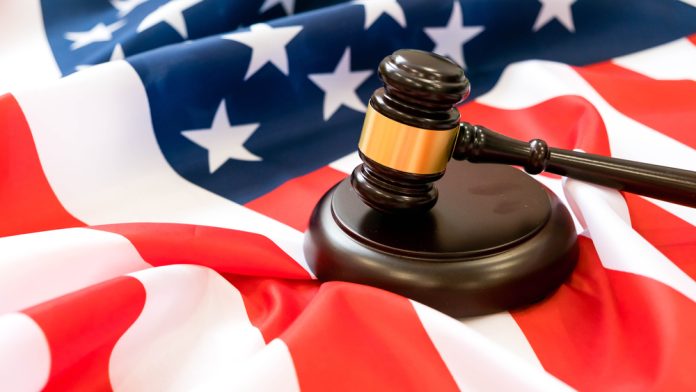One of several class action lawsuits against VGW, a market leader in the US sweepstakes sector has been dismissed for now.
The Georgia Northern District Court has dismissed the attempted class action lawsuit brought against VGW Holdings by Fair Gaming Advocates. Judge Thomas Thrash dismissed the lawsuit, stating that the court does not have standing to hear the case.
Fair Gaming tried to argue that because VGW accepts Georgia customers, and has two employees who reside in Georgia but work from home, the court was an appropriate venue for the case. Thrash disagreed, noting that the nature of the gaming website did not merit inclusion under the state’s long-arm statute.
“While the Defendants casino gaming websites were certainly accessible by Georgia users and the Defendants accepted payments from Georgia users in order to play the games, the Court finds this limited interaction, without more, insufficient to satisfy the transacting business prong in O.C.G.A § 9-10-91(1),” the ruling read.
“Even if it were, the exercise of jurisdiction under the long-arm statute would offend traditional notions of fairness and substantial justice because the Defendants could not reasonably have expected to be haled into court in Georgia (or any state, for that matter), solely because their websites are interacted with by residents of the state
Thrash also explained that since there is no good or service being delivered to the state of Georgia, VGW sites like Chumba and Luckyland are passive websites and not in the court’s jurisdiction, as ruled in the case Pascarelli v Koehler, which dealt with a hotel reservation website.
VGW had asked the court to compel arbitration for the case, which is where many of these social casino lawsuits have ended up, Thrash opted to deny the order, saying that if the court is not capable of ruling on the case, it is not capable of compelling arbitration.
There is a second VGW lawsuit in the Georgia Southern District Court, filed by Destiny Kennedy. In this case, Kennedy claims she opted out of the arbitration clause of VGW’s terms and conditions, but VGW has said that Kennedy agreed to updated terms and conditions after establishing an account and failed to opt out.
Additionally, the company argued the court did not have standing to hear the case. That suit is still active, pending a ruling on VGW’s motion to dismiss.











